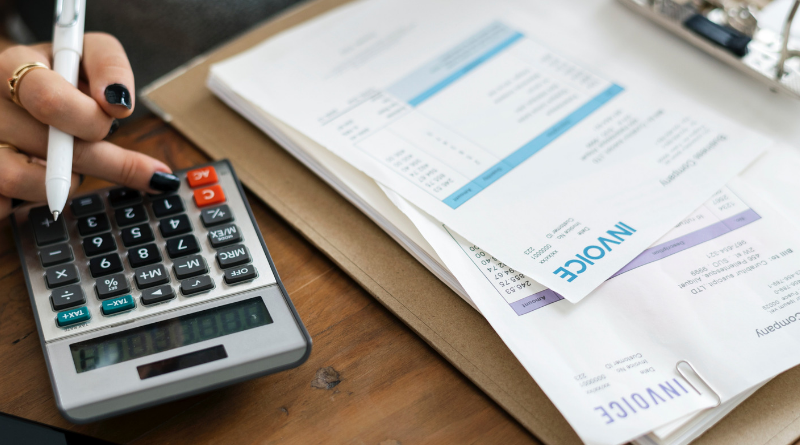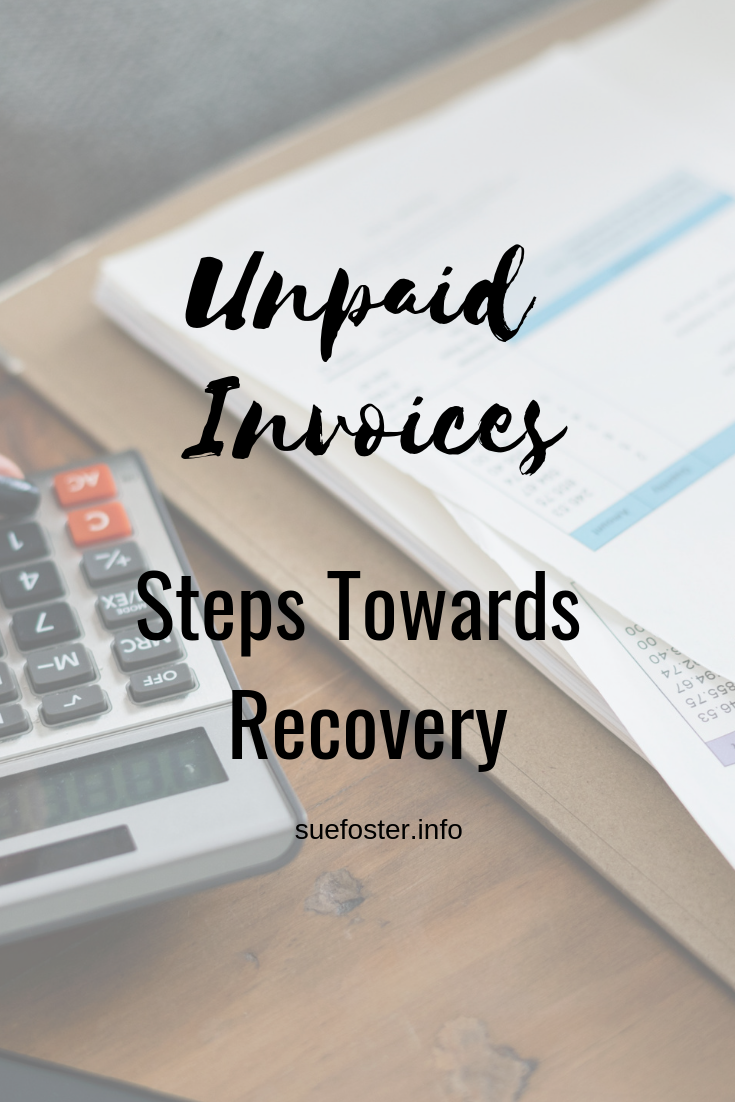Dealing with late payments from a client when you’re a freelancer is – let’s face it – an absolute pain. Talking about money is hard enough, but when you’re dealing with a client who gives

Late payments can kill a business. It sounds terrifying, doesn’t it? You don’t want to put pressure on someone to pay you, but a contract was agreed and you both signed it. You have clear terms, and there’s rarely a good excuse for a late invoice.
As a freelancer, it’s much harder to absorb a late payment compared to a large business who may well be used to being paid late. One thing you should do every week is set aside a big wedge of time to chase unpaid invoices, but when the payment deadline has passed, your initial thought is: now what?
Below, are some tips on how to deal with late payments:
- Send a casual payment reminder email to your client the day the invoice is due. Hopefully, this is all you need to do to nudge a payment out of them.
- Next, follow up with a phone call to their accounts department reminding them of the terms set out and agreed upon. You could speak to local solicitors if you need some guidance on what to say. Hopefully, this should yield the right response, but there may yet be things you have to do to get the right result.
- The next step is to become more formal with your chase. There are plenty of reminder templates that you can find online to give you some guidance on what to say. You can write a letter to state that if the invoice is not paid within a certain number of days (usually 7 days), then you will be charging a statutory interest on the amount, plus the banking base rate. It may seem counterproductive given that you are waiting for the payment already, but the nudge of having to pay even more can shock some clients into getting a move on!
- If you are still waiting after your letter, you can choose to instruct a debt collection agency. They don’t have any particular powers, but they do all the running and chasing for you. You can’t spend your time chasing payments for clients – you have other work to do.
- A local solicitor can be your next step, especially if the client is stubbornly ignoring your requests for payment. You can charge your client again with a fixed sum of the cost of recovering the payment that they should have paid you ages ago.
For subscription billing, you could use billforward.io, they offer a variety of options to support the billing needs of your company whether you are a start-up or large established company.
No freelancer wants to deal with late payments and non-payments, but it does happen to small businesses. Lessons will be learned, and you will need to be able to move on when you do learn them. Invoice collection is important, and you are in the right to chase those payments. You may also find my post on legal templates a useful read.


